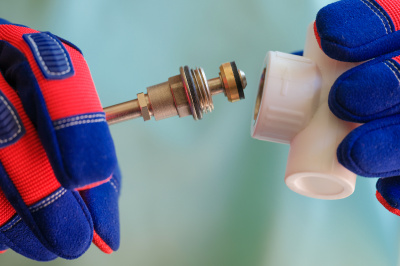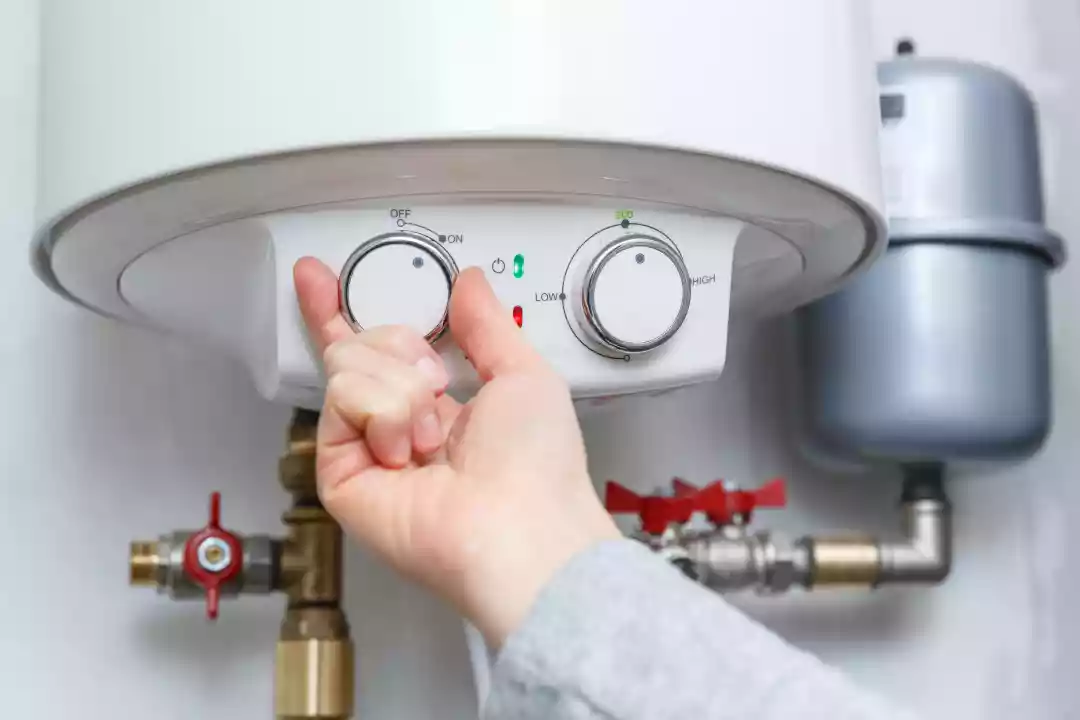What is a heating engineer?
A heating engineer is someone who specialises in services related to heaters and boilers. They are certified to work with gas-powered appliances and systems. In essence, a heating engineer has the skills, knowledge and qualifications to assess and fix any issues with heating systems, boilers and other related equipment so that they are safe and working efficiently.
The role of a heating engineer is an important one; their expertise helps them to identify any potential safety hazards, faults or blockages and offer solutions. Heating engineers may also be called upon to install new boilers, as well as provide maintenance, replacement parts and upgrades. To become a qualified heating engineer, the individual must complete an approved course and register with the relevant authorities.
When should I contact a heating engineer?
When it comes to boilers, being able to identify the correct time to contact a heating engineer is paramount. As a general rule, any time there is a fault with a boiler or any other form of heating system, it is best to call a heating engineer. This may include malfunctioning boilers, gas leaks, unsafe levels of carbon monoxide or faulty pipes.
In addition, if you are considering replacing your boiler, a heating engineer can help you to choose the right model for you and your home. They will be able to advise you on the type of boiler that would work best in your home, as well as guide you through the installation process. Finally, it's always a good idea to call a heating engineer to ensure that your boiler is running efficiently and safely.

Need assistance finding heating engineers & contractors near you?
Get a QuoteWhat is a gas engineer?
A gas engineer is responsible for the safe installation and operation of gas appliances, as well as maintenance and repairs. Gas engineers must be Gas Safe registered and have the necessary expertise to work on gas-powered systems and appliances without putting themselves or anyone else at risk. It is essential that any work carried out by a gas engineer is done safely and to the highest standard.
Gas engineers can work with several types of gas, including natural gas and liquefied petroleum gas (LPG). They are skilled in many areas, such as understanding how gas works, being able to identify and diagnose faults, safely installing and servicing appliances and being able to offer ongoing maintenance.
Are Plumbers Gas Safe Registered?
Plumbers must be Gas Safe registered before they can legally work on gas-powered appliances and systems. Gas Safe Register is a legal requirement, meaning that any time you hire a plumber, you should always check that they are registered first. Without the proper qualifications, a plumber cannot guarantee the safety of any work they carry out.
Furthermore, whilst plumbers are skilled in the plumbing, they may not have the same level of experience when it comes to boilers and heating systems. Heating engineers may know specific details that are required when dealing with boilers, and they will be able to provide advice as needed.
Where can I find the right tradesperson?
When choosing a heating engineer or gas engineer to repair or replace your boiler, it's important to make sure you hire a reliable, qualified professional. One of the best ways to find a good tradesperson is to ask for recommendations from family and friends. You can also search online for local tradespeople - just make sure to read reviews, check credentials and request quotes before making your decision.
You should also consider whether any tradesperson you’re interested in hiring is Gas Safe registered. This means that they have the qualifications and expertise to work with gas safely and effectively – something that’s essential when it comes to boiler repair and installation.
When it comes to boilers, it's important to make sure that only qualified professionals carry out repairs and installations. Knowing who is qualified to fix boiler problems in the UK might just save you time and money in the long run.
In this article:

